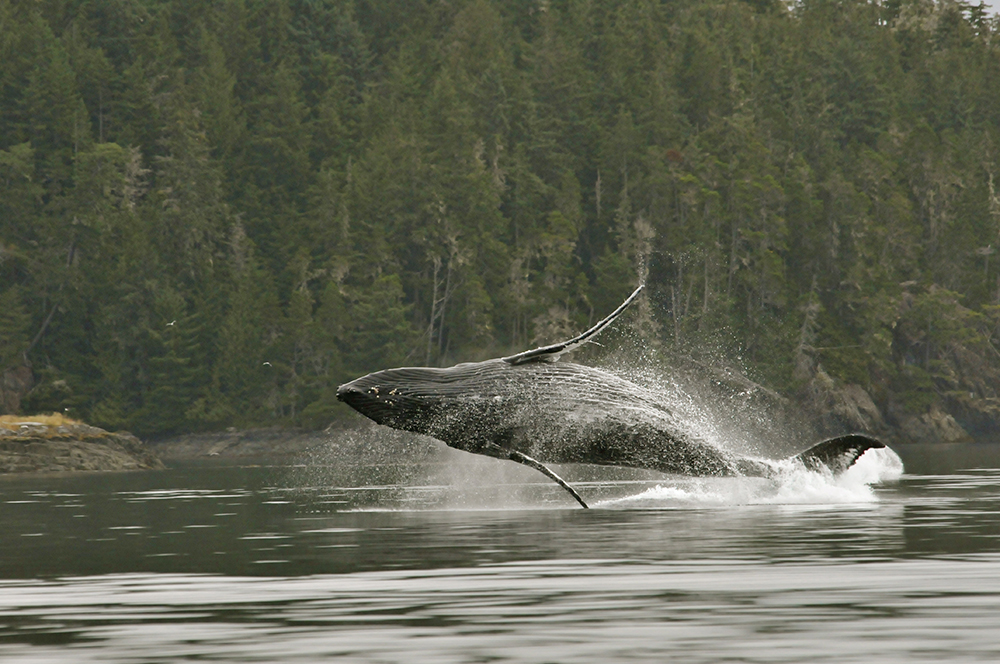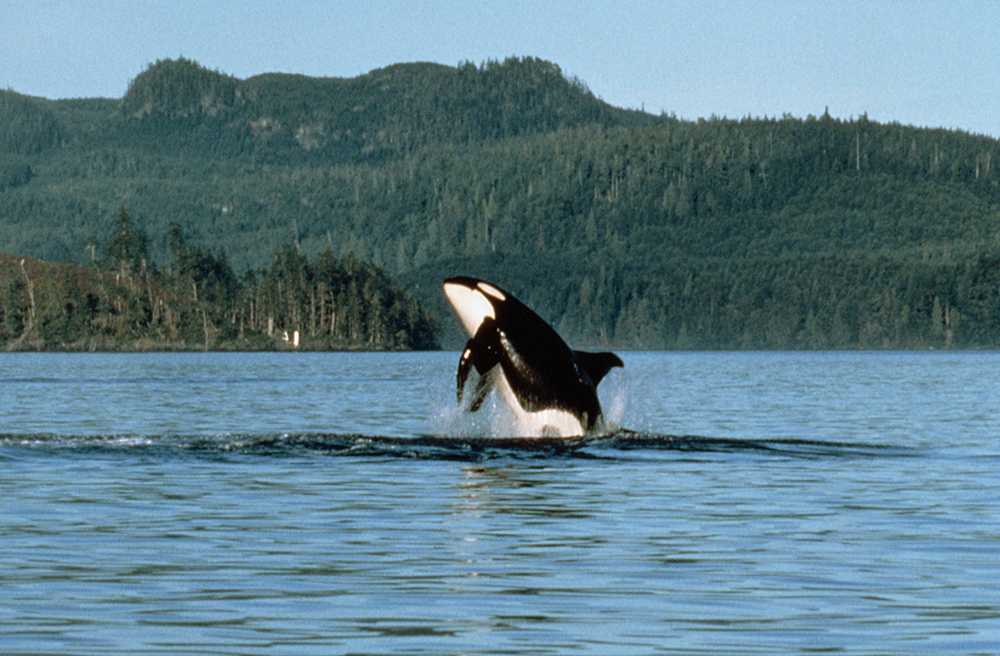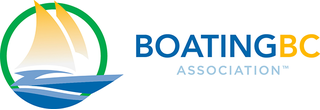Be a whale safe boater: use best practices around marine mammals.
Reduce Noise — Increase Distance — Report Violations & Animals in Distress

Best Procedures & Practices for boating on BC’s Coast around Marine Mammals
Whale Safe Boating Practices & Procedures
Educational Resources developed by the Marine Education & Research Society (MERS)
Learn details at www.seeablowgoslow.org:
- Laws, Regulations & Boater Safety
- Incident Reporting
- Safety of Boaters and Marine Mammals
- Key Points for Avoiding Collisions
- Whale-Safe Boating Course
- Entangled Whales – What to do if you see one
- Maps for Areas of Humpback Density
- Know your FLAGS – Information about flags on the water
- Best Practices – Being Whale Wise
FREQUENTLY ASKED QUESTIONS:
What if dolphins or porpoises bow ride?
Is it okay if “the whales come to you”?
What if I’m fishing and there are whales?
How does reporting violations help?
What is ethical whale watching?
It is very important that boaters know that any dead, distressed, entangled, injured marine mammal needs to be reported ASAP to Marine Mammal Response Line: 1-800-465-4336. If not in service, it should be reported via VHF Ch 16 for relay to Department of Fisheries & Oceans (DFO).
How do I learn more?
Announcing Whale-Safe Boating!
At long last, there is a course for boaters on the coast of British Columbia that addresses both the safety of people AND marine mammals. On July 2nd, 2025, Whale-Safe Boating was launched – free, online, and easy to use.
This online course is a comprehensive, one-stop resource that fulfills a critical need. It helps recreational boaters of both motorized and non-motorized vessels stay safe and legal around marine mammals —while also enhancing their enjoyment of the coast, increasing the safety of marine mammals, and contributing to marine mammal conservation.
You can find this free course at www.WhaleSafeBoating.org.
Details about the course:
- The dynamic, online course is 90 minutes long
- Narrated with the option of closed captioning
- Can be paused, resumed, and referred back to at any time
- It includes a Certificate of completion and downloadable resources
- Optional supplemental module includes details about marine mammal species in coastal BC, plus Basking Sharks and Leatherback Turtles
The Whale-Safe Boating course was made possible by Transport Canada’s Boater Safety Contribution Program and developed with input from an advisory committee of experts in boating, paddling, education, marine mammals, and regulatory policy.

Contribute with Your Sightings and Photos
…to the Ocean Wise Sightings Network. Contribute to citizen science!
…from ocean.org
…to the Canadian Pacific Humpback Collaboration for identification of individuals
…from Ocean Wise
The BC Ocean Boating Tourism Association acknowledges the important work of MERS — the Marine Education & Research Society — and its invaluable contribution to the safety of marine mammals on BC’s Coast. It is their detailed work that, with the combined efforts of resident and visiting boaters, make a significant difference to the quality of life for our unique inhabitants of the sea. We thank you for your research and for the privilege of sharing this invaluable information with boaters. You enhance our quality of life.


